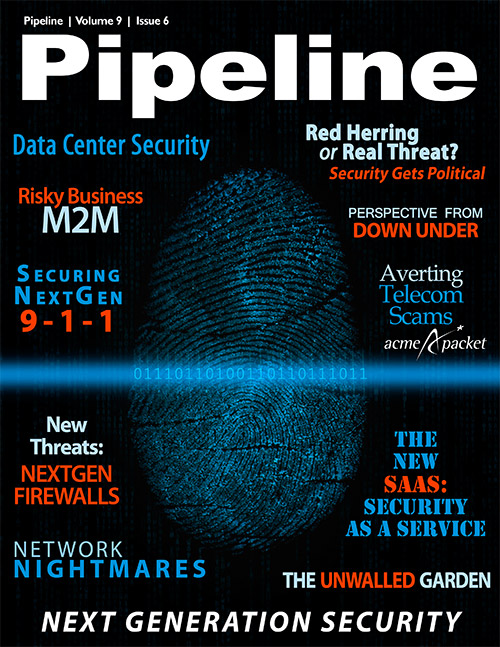Conquering the Logical in Next-Generation Data Centers
And while these concerns can all be addressed to some degree, companies are first putting their efforts into governance: 90 percent of companies surveyed are actively discussing governance or implementing solutions. Security is the most important driver for these initiatives. Companies also hope to make it easier to actually find the data they have stored when they need it, reduce the cost of information management and reduce the legal and compliance risks associated with their data.
One way to mitigate data-center complexity, which flies in the face of the whole distributed architecture of the cloud, is to consolidate, a move confirmed by most Tier 1 service providers across the globe, according to Mike Sapien, principal analyst for enterprise telecoms at Ovum, in his report “Global Telco Data Center Strategies.”
However, that doesn’t mean companies aren’t modernizing or expanding into new markets. They are — just more strategically and in a more centralized fashion, Sapien said. In a word, they are consolidating locally so they can expand globally.
Not your mama’s data center
With physical security being a fairly settled art except for increased use of remote monitoring and management and some environmental management advancements, data-center operators are concentrating on buttoning down the logical hatches.
The data center is no longer being used as a showcase for customers. For one thing, there is little for them to see or comprehend from a tour that they either didn’t already know or couldn’t glean from a center’s certification. “Once you have a premium data center, people know what they look like. Mostly, they look the same, sound the same and have the same physical security features,” Sapien said.
Secondly, operators have had to implement much stronger controls over who has access to facilities and data because of HIPPA and other compliance restrictions. “HIPPA compliance and some financial services require you to know who went into a cabinet, who had access to the server or the database, and all that needs to be tracked,” said Sapien, adding, incidentally, that all this recording and tracking is one of the drivers for big data.
“Anyone touching a server that has sensitive healthcare data has to be tracked and recorded, so you have a whole new level of data and access to keep track of,” he said. “New compliance and governance solutions that can help find that info that’s been tracked when you need it is an important new market.”
Sapien also said that because of these requirements, industries such as financial services and healthcare may have to stay with a private cloud model and may never be able to fully leverage a shared cloud platform.
Security scares people
When it comes to accepting the promises and performance claims of security providers, data-center companies, including service providers, have more than a healthy share of skepticism. According to a survey last year by Crossbeam, 60 percent of companies surveyed distrusted the claims of security vendors, while 94 percent felt the claims were misleading. Mobile operators were the most distrustful.
An updated survey from which results were released in March shows that security is still a major concern for data-center operators and is delaying the deployment of next-generation data centers. Ninety-four percent of survey respondents said security was the top reason for NGDC deployments being stalled, and 41 percent said network security was the biggest obstacle to success for those being installed.
“While great advancements are being made by companies in software-defined networking, the bottom line is we have made data centers way too complicated,” said Peter Doggart, director of product marketing at Crossbeam. “Security remains a problem child for many folks because they are locked into a physical mindset regarding security. In a virtual environment people fear losing control and adding risk.”


















